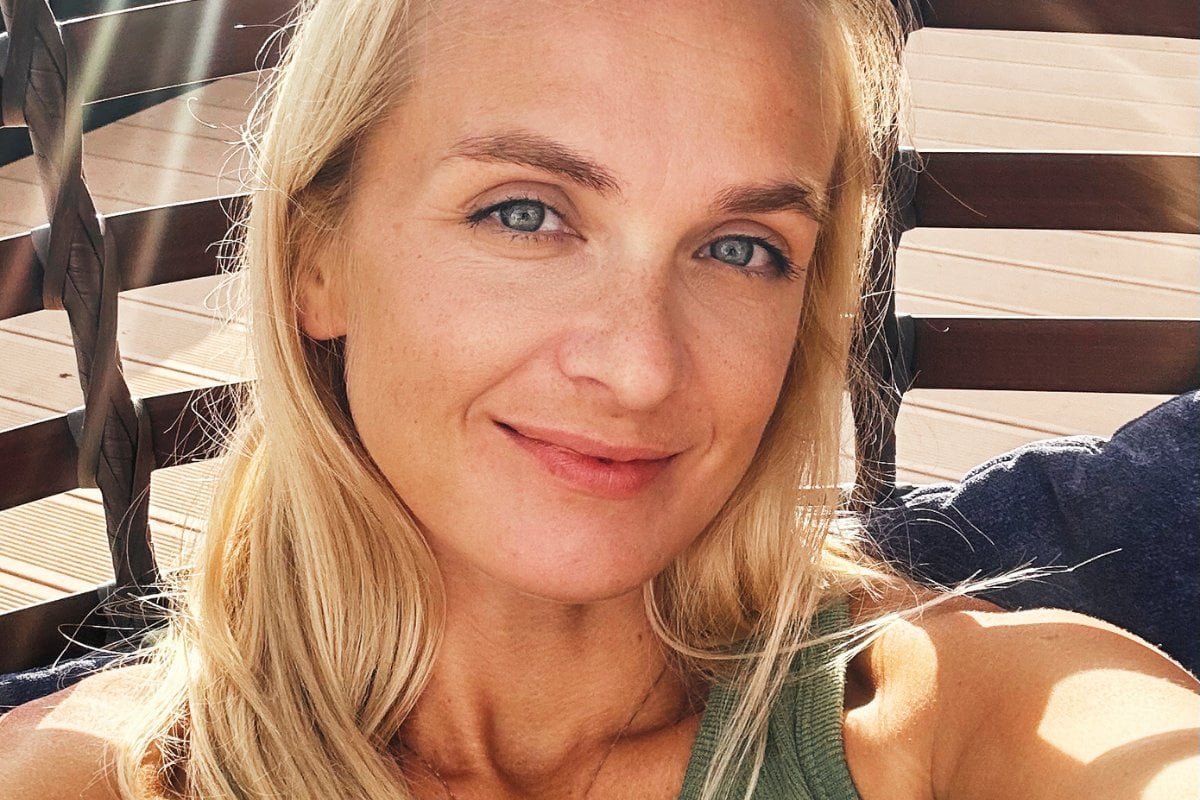
Welcome to Mamamia's new column, Divorce Diaries, where Dr Gabrielle Morrissey answers questions around love, loss and relationship breakdowns. If you have an issue you'd like advice on, email us at submissions@mamamia.com.au — you can be anonymous of course.
Question:
I split from my husband six months ago. He never wanted to separate but the marriage was stale, lonely and isolating. I tried everything to save the marriage — and I say "I" because he didn’t make much of an effort, took me for granted, and assumed I would never leave. It was not a rash decision — I thought long and hard about it for the better part of a year last year. Now after spending these six months apart separated in different homes, we have decided to reconcile. While apart he did finally put in the effort — he did counselling on his own, dated me again, acknowledged his part in neglecting our marriage and has basically done everything right. So why am I so anxious about reconciling? How do I know I'm not making a mistake?
What a huge year you've had. Of course you’re going to feel a wide range of emotions, given the relationship rollercoaster you’ve been on.
And now you're faced with another big pinnacle emotional experience, so to feel doubt, anxiety, nervousness and worry are perfectly natural responses given these ups and downs and flips.
Reconciling with your husband after initiating divorce proceedings is a huge decision with significant ramifications. It's understandable to have doubts and question if you're doing the right thing. The fact that you're seeking guidance shows you want to make this choice thoughtfully and once and for all. That’s good.


